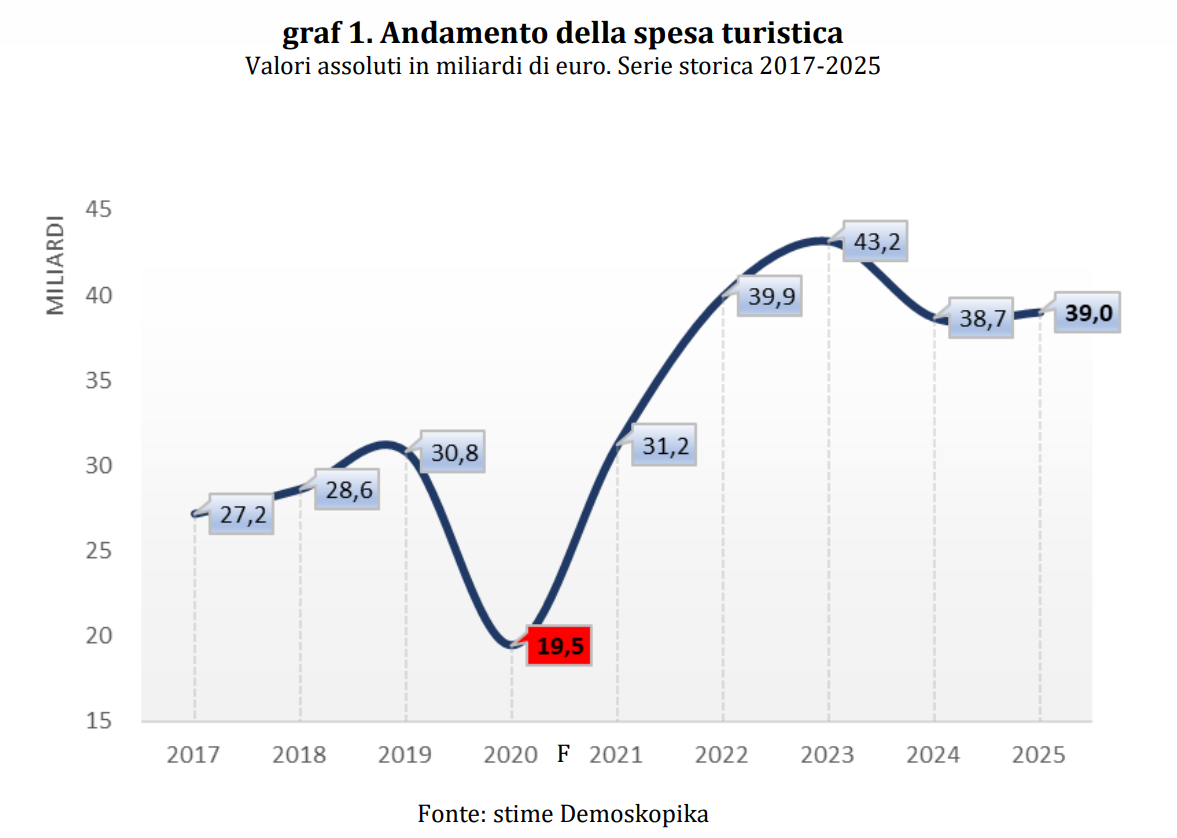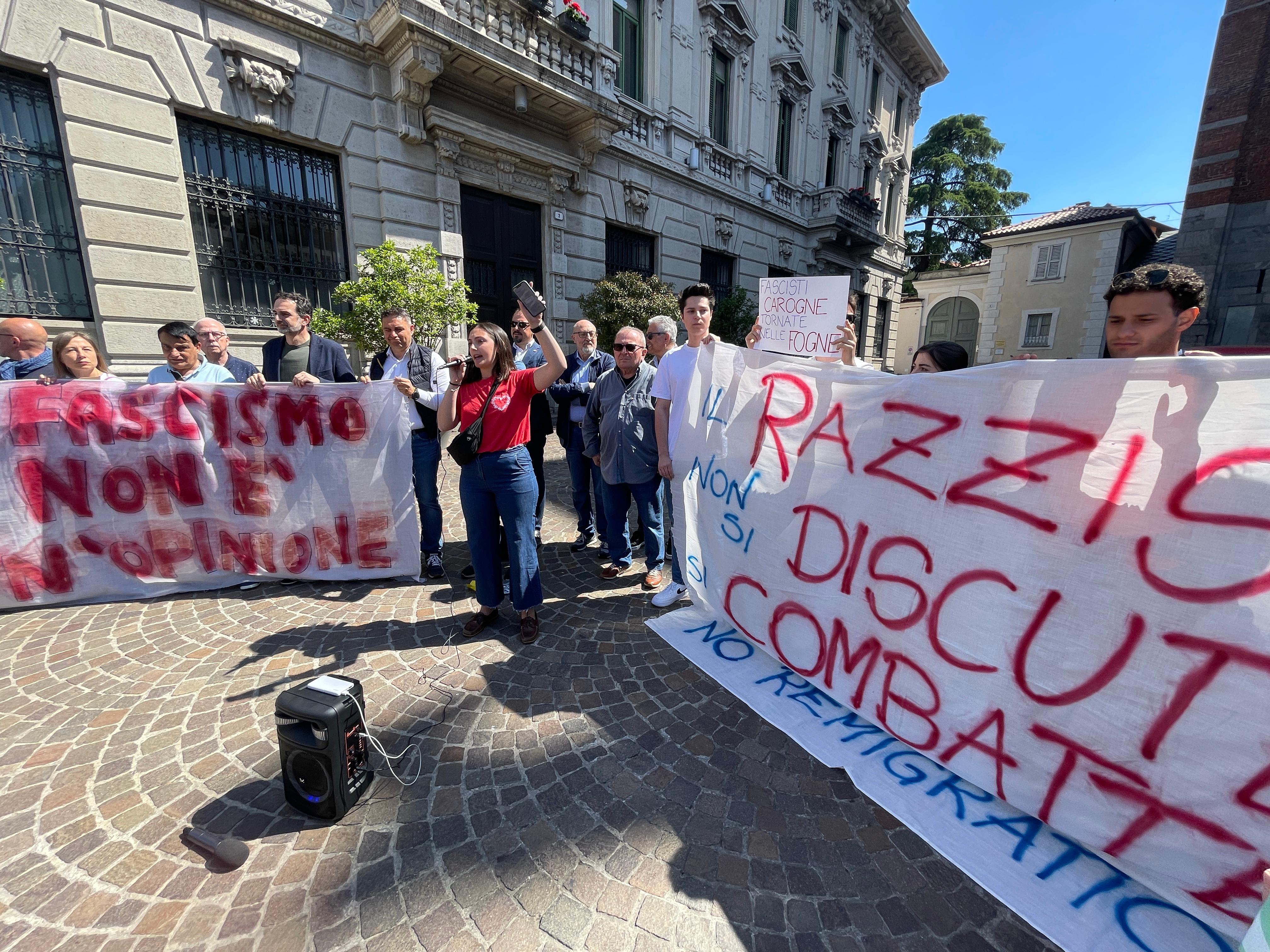« Traceable » and reimbursement costs: receipts must demonstrate electronic payment, what to know

The 2025 maneuver has modified the discipline of travel expenses, imposing the use of traceable payment systems for the deductibility of expenses incurred by employees and autonomous workers
From January The Budget Law introduced an obligation to trace travel expenses To guarantee the deductibility by the company and the tax exemption of the reimbursement for the worker. Similar speech for representation costs that are no longer deductible if they are not traceable.
What changes with the 2025 maneuver
Art. 1, paragraph 81 of the Budget Law 2025 added to the text of art. 51, paragraph 5, TUIR this step: «The reimbursements of the costs for food, accommodation, travel and transport made through public self -service non -scheduled for article 1 of the law of 15 January 1992, n. 21, for the trips or missions referred to in this paragraph, do not contribute to form the income whether the payments of the aforementioned expenses are made with bank or postal payment or through other payment systems provided for by article 23 of the legislative decree 9 July 1997, n. 241 ».
What expenses must be traced
The rule in question identifies four categories of expenses for which the traceability of the payment for tax purposes is required: the costs of food, those of accommodation, travel and transport costs by means of public self -service non -scheduled. We try to understand in more detail what it means.
Costs of food and accommodation
Among the expenses that must be traceable for the purposes of deductibility and tax exemption of the refund there are the expenses incurred for meals consumed during the trip, that is, bars and restaurants, and overnight stays, therefore the costs for hotels, B&B or Residence.
Travel and transport expenses
The traceability obligation also concerns travel costs and transport costs by means of public self -service non -scheduled, i.e. costs for taxi or NCC.
The exceptions
The traceability obligation does not concern transport costs by public transport such as trains, planes, subway, trams or buses. For these, therefore, the ticket in the name of the away is enough for the purposes of the deductibility and tax exemption of the refund.
What are the traceable payment methods
Traceable payment methods are considered: credit and debt cards (ATM, Pagobancomat circuits, etc.), prepaid cards, bank or postal transfers, bank checks and payments via apps and digital wallets connected to accounts or cards, such as Paypal, Satispay, Paypal, Apple Pay or Google Pay.
What is needed to demonstrate traceability
In order for the expenses to be deductible, it is necessary to keep all the documentation attesting to its traceability. To give an example, this means that the employee who asks the company for the reimbursement of travel expenses (restaurant, hotel, taxi etc.) will have to keep and then present not only the receipt, but also the receipt of the POS which shows that that payment has not been made in cash. If, on the other hand, the expenses have been paid in cash and subsequently requested to reimbursement, they will be subject to taxation and contribution as any other form of compensation provided to employees.
What changes for self -employed workers
In the case of self -employed workers from 1 January 2025, the costs for hotel services, drinks and drinks, travel and transport with non -scheduled public self -service, as well as kilometers’ refunds relating to these expenses, are deductible only if traceable.
What changes for representation costs
The 2025 maneuver also modified article 108 of the Tuir, relating to the representation costs. These expenses are deductible from business income only and if you make using traceable payment tools. The fundamental requirement for deductibility remains unchanged, namely the inherence of the expenditure on the business activity.
Flat -rate reimbursement
If the company decides to opt for the flat rate reimbursement of expenses, the sums provided to employees remain deductible within the limits provided for by article 51 of the Tuir, i.e. up to 46.48 euros per day, in the event of a trip to Italy, and up to 77.47 euros per day, for trips abroad. If a combined allowance is paid with the reimbursement of food and/or accommodation, the exempt limits are reduced to 30.99 euros per trip to Italy and 51.65 euros for trips abroad.







/s3/static.nrc.nl/images/gn4/stripped/data132339052-a26240.jpg|https://images.nrc.nl/X0hBzbEIHhCULsyFrHJXC7agnDk=/1920x/filters:no_upscale()/s3/static.nrc.nl/images/gn4/stripped/data132339052-a26240.jpg|https://images.nrc.nl/-XXJuciUP2p4kZh5WEbiem4LCEU=/5760x/filters:no_upscale()/s3/static.nrc.nl/images/gn4/stripped/data132339052-a26240.jpg)
